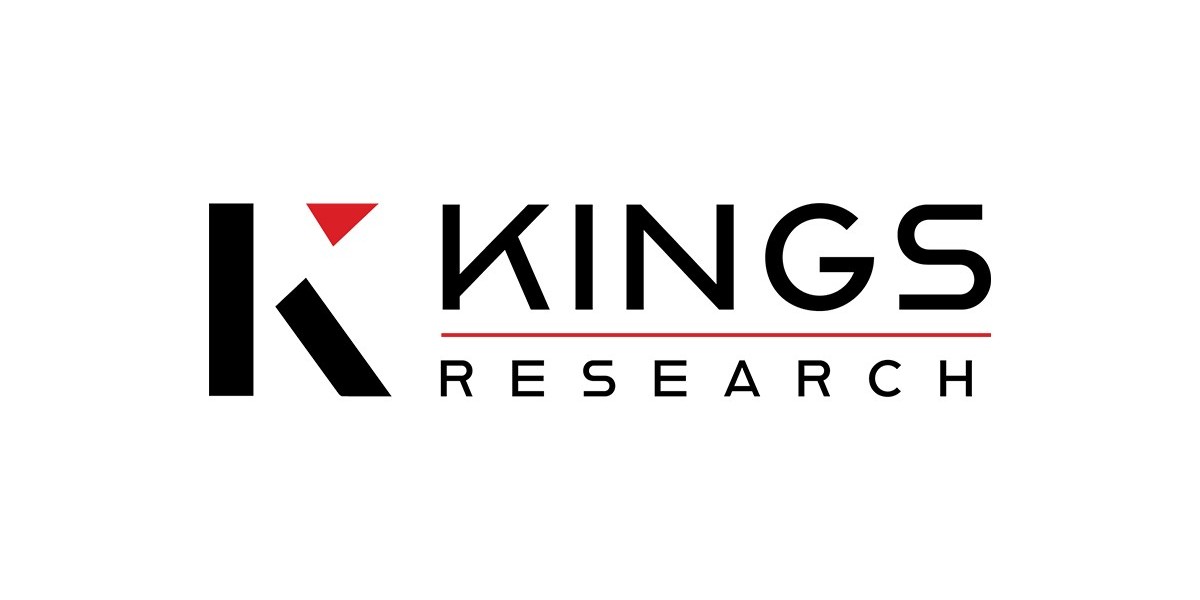Thermoplastic Vulcanizates (TPV) have emerged as a versatile class of materials, blending the characteristics of thermoplastics and elastomers. This blog delves into the global TPV market, offering insights into its dynamics, key applications, emerging trends, and future prospects.
Understanding Thermoplastic Vulcanizates (TPV):
Thermoplastic Vulcanizates (TPV) are a class of thermoplastic elastomers (TPE) characterized by a cross-linked rubber phase dispersed in a continuous thermoplastic matrix. This unique structure imparts TPVs with the properties of both thermoplastics and elastomers, including flexibility, durability, and chemical resistance.
Market Dynamics:
Automotive Sector Dominance: TPVs find extensive use in the automotive industry for manufacturing weather seals, gaskets, interior trim components, and under-the-hood applications due to their excellent weatherability, heat resistance, and sealing properties.
Consumer Goods Manufacturing: TPVs are utilized in the production of consumer goods such as grips, handles, sporting goods, and electrical insulation components, benefiting from their soft-touch feel, durability, and moldability.
Building & Construction Applications: The construction industry employs TPVs for weather seals, gaskets, and profiles in doors, windows, and facades, taking advantage of their weatherability, UV resistance, and ease of processing.
Medical and Healthcare: TPVs are increasingly used in medical and healthcare applications for manufacturing tubing, seals, gaskets, and soft-touch components due to their biocompatibility, chemical resistance, and sterilization capabilities.
Applications Across Industries:
- Automotive: Weather seals, gaskets, interior trim components.
- Consumer Goods: Grips, handles, sporting goods, electrical insulation.
- Building & Construction: Weather seals, gaskets, profiles.
- Medical and Healthcare: Tubing, seals, soft-touch components.
Market Trends:
Focus on Sustainability: The TPV market is witnessing a shift towards sustainable solutions, with a growing demand for bio-based and recyclable TPV materials to address environmental concerns and regulatory requirements.
Technological Advancements: Ongoing research and development efforts focus on enhancing TPV formulations, improving processing techniques, and exploring novel applications, fostering innovation in the market.
Customization and Specialty Grades: Manufacturers are offering specialized TPV grades tailored to specific industry needs, incorporating additives and modifiers to enhance performance characteristics and meet diverse application requirements.
Future Prospects:
The global Thermoplastic Vulcanizates market is poised for significant growth, driven by its versatile applications, technological advancements, and increasing demand across industries. As industries continue to seek materials that offer a balance of performance, sustainability, and cost-effectiveness, TPV stands at the forefront as a solution for diverse applications.
Conclusion:
Thermoplastic Vulcanizates have solidified their position as a versatile and high-performance material in various industries. Navigating the global TPV market requires a deep understanding of market dynamics, emerging trends, and the evolving needs of industries. With a promising future shaped by sustainability initiatives and technological advancements, TPV remains at the forefront of innovation in the polymer industry, offering solutions to meet the evolving demands of diverse applications worldwide.








